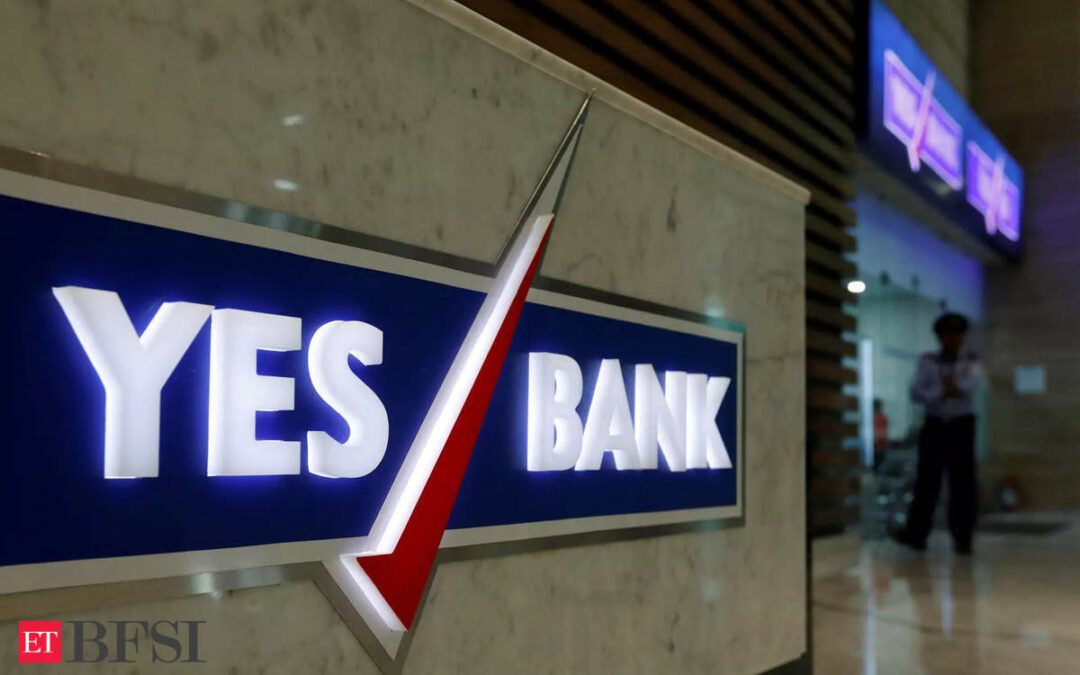Shares of Yes Bank continued their winning run for the second session in a row on Wednesday, gaining nearly 23% following a rally in stock after Reserve Bank of India’s (RBI) nod to HDFC Bank for acquiring up to 9.50% of the paid-up share capital or voting rights of the Bank.
On Wednesday, the stock jumped by 10% on the intraday basis amid strong volumes to fresh 52-week high of Rs 28.05. At 12:35 pm, 76.84 crores were trading on the NSE. The traded value of the shares stood at Rs 2,063.38 crore.
The RBI, while granting the above-referred approval has also conveyed that if HDFC Bank fails to acquire major shareholding within 1 year from the date of the said RBI intimation letter, the approval will stand cancelled.
HDFC Bank has also been asked to ensure that its aggregate holding in Yes Bank does not exceed 9.50% of the paid-up share capital or voting rights of the Bank at all times. “If the aggregate holding falls below 5%, prior approval of RBI will be required to increase it to 5% or more of the paid-up share capital or voting rights of the Bank,” the exchange filing said.
Also Read: Nykaa shares jump 6% on solid Q3 earnings. Should you buy?
YES Bank reported robust growth in profit for the quarter ended December 2023, with the bottom line surging more than four times year-on-year (YoY) to Rs 231 crore.
Net interest income, the difference between interest earned and interest expended, rose 2.4% YoY to Rs 2,017 crore.
Provisions for the quarter dropped sharply, which aided growth in the bottom line. Provisions and contingencies for the reported period stood at Rs 555 crore, compared with Rs 845 crore a year ago.
Despite this, the pre-provision operating profit declined 5.4% YoY to Rs 864 crore.
Gross non-performing assets as a percentage of total loans stood at 2.0% as of December end, unchanged from the year-ago as well as quarter-ago periods.
Net non-performing assets ratio stood at 0.9% as of December-end, compared to 1.0% a year ago. It was unchanged from the September quarter period.
(Disclaimer: Recommendations, suggestions, views and opinions given by the experts are their own. These do not represent the views of Economic Times)








